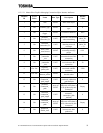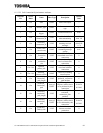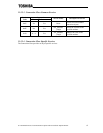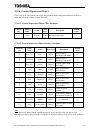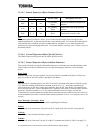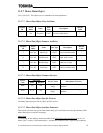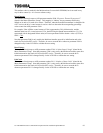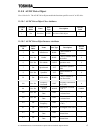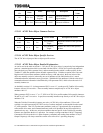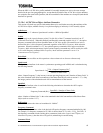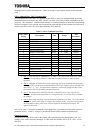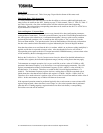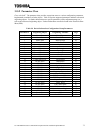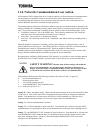
G7 ASD Multi-Protocol Communication Option and PG Feedback Option Manual
68
Attribute
ID
Access
Rules
Name Data Type Description
Default
Value
120 Get / Set
Universal
Register
UINT
Universal ASD data
register address
0
121 Get / Set Universal Data UINT Universal ASD data --
11.5.8.3 AC/DC Drive Object Common Services
Supported Service
Code
Class Instance
Service Name Description of Service
0x0E Yes Yes
Get_Attribute_
Single
Returns the contents of the specified
attribute.
0x10 N / A Yes
Set_Attribute_
Single
Modifies the value of the specified
attribute.
11.5.8.4 AC/DC Drive Object Specific Services
The AC/DC drive object provides no object specific services.
11.5.8.5 AC/DC Drive Object Detailed Explanations
As can be seen in the table in section 11.5.8.2, the AC/DC drive object is comprised of two independent
portions: a standard portion which is associated with the ODVA’s AC/DC drive profile (the attributes
above the dual wavy table separator lines), and an extended portion which is vendor-specific for the
Toshiba G7 ASD (the attributes below the table separator lines). With the exception of the Universal
Register and Universal Data attributes (which are always valid and active), these two halves of the
object are mutually exclusive in that only one set of attributes will be linked to the drive’s actual
command and status information at any given time. Which half of the attributes is linked to the drive’s
command and status information is determined by ASD parameter F983, which selects the active I/O
assembly instance set.
As detailed in section 11.5.4, when parameter F893 is set to “0”, vendor-specific Toshiba I/O assembly
instances 100 and 150 are active. These assembly instances map directly to AC/DC drive object
attributes 100-113.
When parameter F893 is set to “1” or “2”, ODVA AC/DC drive profile standard I/O assembly instances
20 and 70 or 21 and 71 are active. In part, these assembly instances map directly to AC/DC drive object
attributes 3-29.
When the Toshiba I/O assembly instances are active, AC/DC drive object attributes 3-29 are still
available via explicit messaging GET/SET services, but these attributes are decoupled from the actual
G7 ASD operation. That is to say that status attributes (such as #7 SpeedActual) are not updated to
reflect actual drive status, and command attributes (such as #8 SpeedRef) do not affect actual drive
operation in any way. In this case, only those attributes that are specific to the Toshiba I/O assembly
instances are coupled to the drive’s operation. For example, writing to attribute #100 (G7 Frequency
Command) will write to the drive’s option frequency command, and reading from attribute #110 (G7
Output Frequency) will always return the current value of the drive’s operating frequency.



